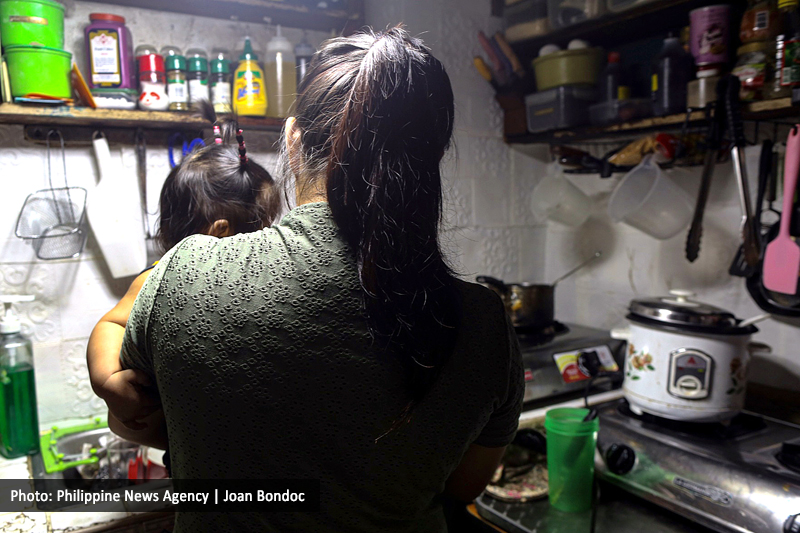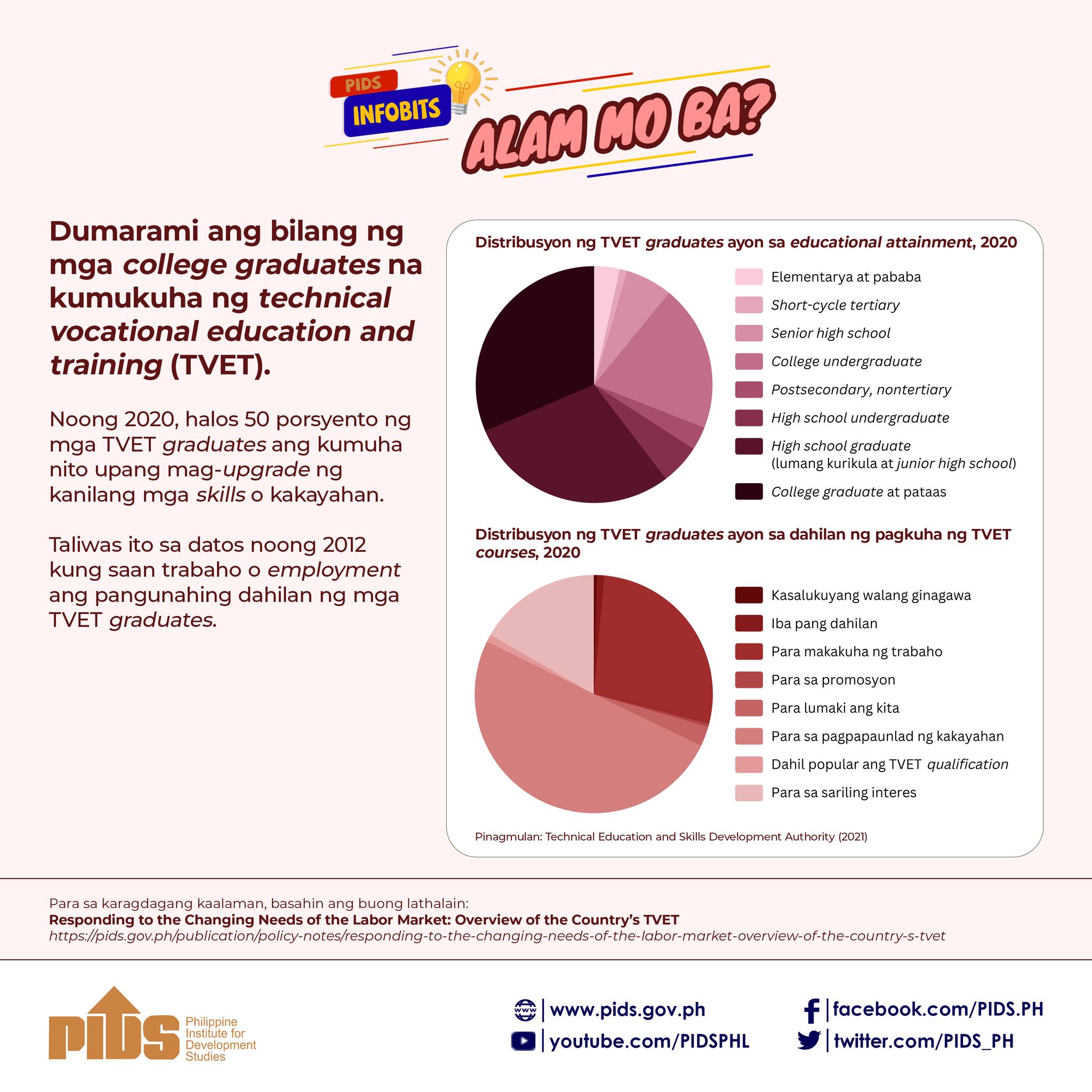DESPITE being more empowered than women in other Asian countries, women in the Philippines are still bound by gender roles when it comes to labor force participation, a study by state think tank Philippine Institute for Development Studies (PIDS) showed.
According to the PIDS study, women in the Philippines still do most of the housework, resulting in minimal economic opportunities for them.
While recent evidence showed that women are employed in the services sector, particularly in the banking, finance, and insurance and business services subsectors, still, labor market discrimination against women is still evident in the country, the study said.
This is based on Filipino views that “women nurture and their comparative advantages are in housework,” while “men provide and their place is in the labor market,” putting women in a relatively disadvantaged position and forcing them to face de facto discrimination in the formal labor market.
With women comprising about 50 percent of the country’s population, the study suggested that the government find ways to support women’s participation in economically productive endeavors.
The study proposed the government to prioritize the micro, small, and medium enterprises and address issues on access to credit and technical skills, as well as sustaining and upscaling of enterprises.
The government was also urged to look into improving transportation in the country to increase the time spouses spend together with their families especially at home.
Doing housework together enhances marital relations through shared experiences. This also provides an avenue for spouses to understand each other’s attitudes, values, and preferences, which are valuable information in a repeated game such as marriage,” PIDS senior research fellow Connie Bacuyan-Dacuyuy and Lawrence Dacuycuy, who authored the study, said in a statement.
They also suggested to explore provision of affordable daycare and tutorial services so that children may get good supplementary care while their parents are at work.
Meanwhile, recent proposals such as the four-day work week and the proposed tax reform package are seen to benefit households, especially those where both spouses are working. For example, the four-day work week will allow them to increase their time allocated to their households. As for the proposed tax reform package, the higher incentives for salaried workers will give them the opportunity to allocate more resources for helpers or supplemental care for their children.
Workers in the informal sector, who are seldom covered by labor market policies and regulations, should also be prioritized and given more protection, the authors recommended.
According to the PIDS study, women in the Philippines still do most of the housework, resulting in minimal economic opportunities for them.
While recent evidence showed that women are employed in the services sector, particularly in the banking, finance, and insurance and business services subsectors, still, labor market discrimination against women is still evident in the country, the study said.
This is based on Filipino views that “women nurture and their comparative advantages are in housework,” while “men provide and their place is in the labor market,” putting women in a relatively disadvantaged position and forcing them to face de facto discrimination in the formal labor market.
With women comprising about 50 percent of the country’s population, the study suggested that the government find ways to support women’s participation in economically productive endeavors.
The study proposed the government to prioritize the micro, small, and medium enterprises and address issues on access to credit and technical skills, as well as sustaining and upscaling of enterprises.
The government was also urged to look into improving transportation in the country to increase the time spouses spend together with their families especially at home.
Doing housework together enhances marital relations through shared experiences. This also provides an avenue for spouses to understand each other’s attitudes, values, and preferences, which are valuable information in a repeated game such as marriage,” PIDS senior research fellow Connie Bacuyan-Dacuyuy and Lawrence Dacuycuy, who authored the study, said in a statement.
They also suggested to explore provision of affordable daycare and tutorial services so that children may get good supplementary care while their parents are at work.
Meanwhile, recent proposals such as the four-day work week and the proposed tax reform package are seen to benefit households, especially those where both spouses are working. For example, the four-day work week will allow them to increase their time allocated to their households. As for the proposed tax reform package, the higher incentives for salaried workers will give them the opportunity to allocate more resources for helpers or supplemental care for their children.
Workers in the informal sector, who are seldom covered by labor market policies and regulations, should also be prioritized and given more protection, the authors recommended.












